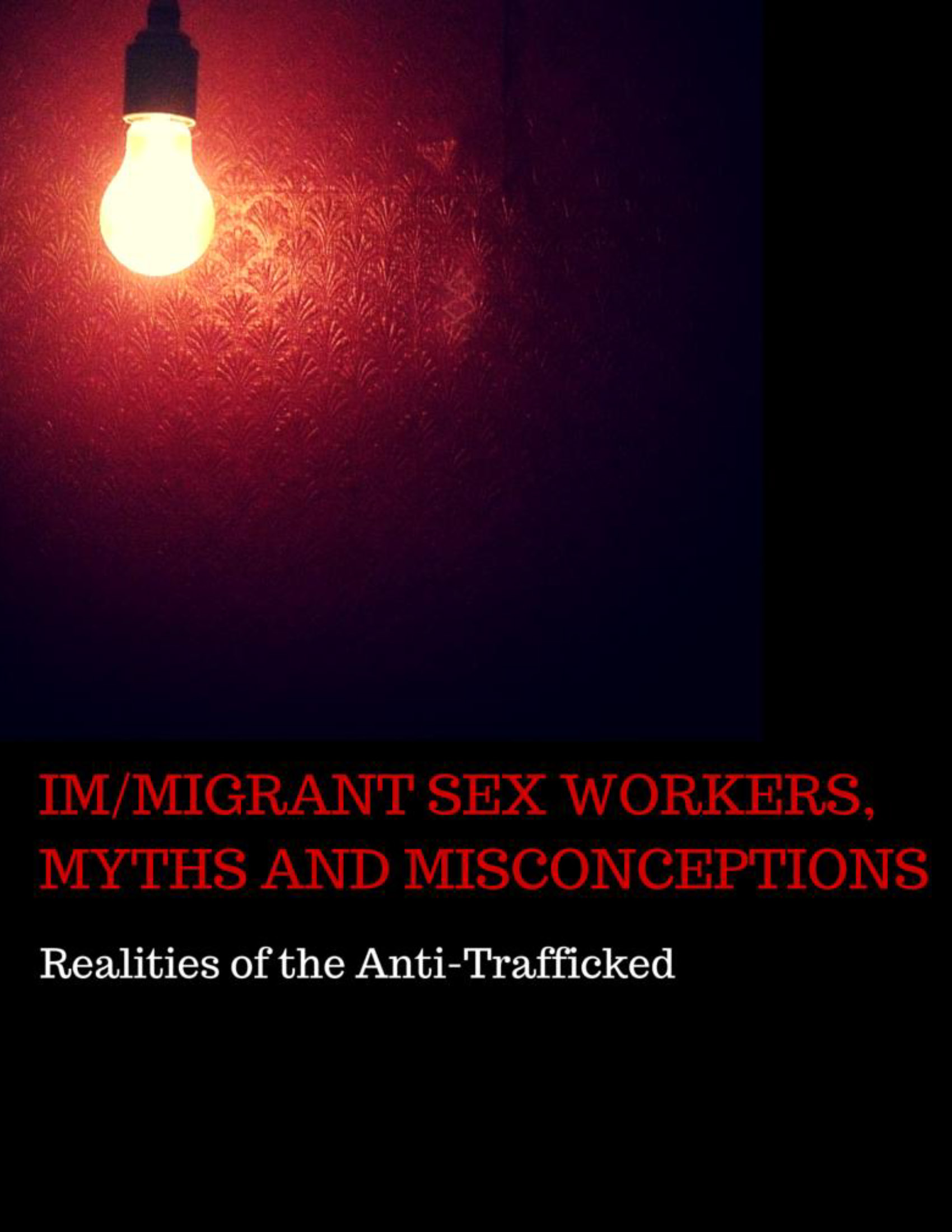SWAN hosted Hidden Harms of Anti-Trafficking; an evening of engaging presentations and community dialogue aimed at addressing the harms of the anti-trafficking rescue industry.
Forum Presenters:

Alison Clancey
SWAN Executive Director
An avid traveller and academic, Alison’s extensive experience providing front-line service and advocacy to sex workers fuels her passions for community education, advocacy and policy reform. Her primary research interests include critical discourse analysis of human trafficking perspectives.
Steering collaborative partnerships and connections with sex worker and migrant rights groups across Canada and around the world, Alison oversees all aspects of SWAN’s mission, campaigns, political advocacy, service provision and day-to-day operations.
Alison introduced the forum with a discussion of the troubling trends in anti-trafficking initiatives over the past decade.
She provided an overview of the ‘rescue industry,’ and urged stakeholders increase their critical awareness of the consequences of misinformed anti-trafficking measures. Common goals of honesty, transparency and ethics were highlighted, along with general encouragement to all anti-trafficking stakeholders to prioritize evidence over ideology.

Dr. Hayli Millar
Associate Professor, Criminology & Criminal Justice, University of the Fraser Valley (UFV)
Hayli has lived and worked internationally in roles as a Consultant to the United Nations, and as a Gender, Law & Development Specialist for an Asian Bank funded research project assessing South Asia’s anti-human-trafficking convention.
Her desk and field research has spanned several countries, including Canada’s Northwest and Yukon Territories, and focused on sexual assault sentencing decisions, alternate dispute resolution, and Indigenous community justice.
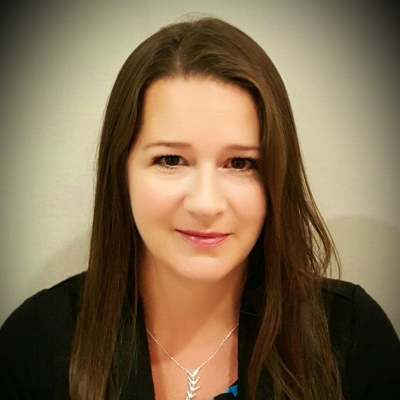
Dr. Tamara O'Doherty
Professor, Criminology Department, Simon Fraser University (SFU)
Dr. O’Doherty as extensive experience with collaborative research, mixed methodologies and legal analysis.
She has published in several peer-reviewed journals and other academic books on the effects of criminalization on marginalized populations, victimization in Canada’s sex industries, feminist theory, criminal law, and collaborative research methods, as well as her Ph.D dissertation: “Criminalization and Off-Street Sex Work in Canada.”
Dr. Doherty holds a Masters degree and a PhD in Criminology, as well as a Bachelor degree in Criminal Justice and a JD law degree.
Dr. Millar and Dr. O’Doherty presented their 2015 research project “The Palermo Protocol & Canada Ten Years On: The Evolution and Human Rights Impacts of Anti-Trafficking Laws in Canada.”
Their comprehensive study examined Canada’s use of anti-trafficking legislation and the specific consequences for one of the groups identified as being particularly vulnerable to human trafficking: migrant sex workers.
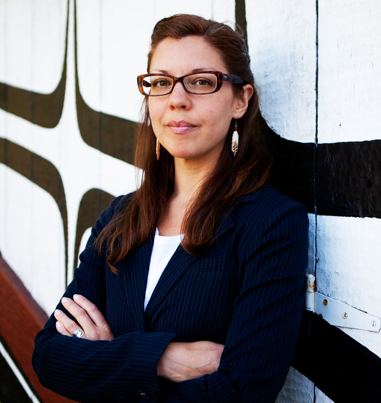
Dr. Sarah Hunt
Assistant Professor of Critical Indigenous Geographies, University of British Columbia (UBC)
Dr. Hunt is a Kwagiulth scholar whose trans-disciplinary research critically analyses violence, law, resistance, Indigenous resurgence, and self-determination.
Dr. Hunt’s research and writing emerge from 15 years of work as a community-based researcher and educator in rural and urban Indigenous communities. Her work on human trafficking began in the 90’s when she became involved with GAATW Canada.
Sarah has published on a range of issues related to neo-colonial power relations and decolonization, including topics of gender and sexuality, sex work, the politicization of everyday resistance, and Indigenous research and education. Sarah recently joined UBC as assistant professor in the First Nations and Indigenous Studies Program and Department of Geography.
Dr. Hunt discussed her experiences working with Indigenous communities across British Columbia in the early 2000s in anti-violence initiatives, with an emphasis on youth sexual exploitation. Her presentation focused on critical examinations of federal trafficking narratives, the specific consequences Indigenous women and communities experience, and how these narratives harm the very communities they are intended to protect. Dr. Hunt reframes the issues of exploitation and violence against consensual Indigenous sex workers in order to draw attention to government inaction.

Mary W.
Member, Butterfly Asian and Migrant Sex Workers Network
With an original background in engineering, Mary supports sex work as work and as a viable alternative for earning a living. She believes consensual sex work is part of what makes a sustainable, healthy society.
Mary contributes to Butterfly’s newsletter as a writer and editor, and works to inspire migrant workers to stay strong and maintain awareness of their rights.
Mary shared Annie’s story: Annie migrated to Canada independently as a skilled worker and encountered difficulties having her academic and employment credentials recognized. She became a single parent shortly after her arrival in Canada and struggled with working long underpaid hours in multiple jobs she was overqualified for.
Annie began working in a massage parlour and, finally appreciated for her services and able to provide for herself and her child, she found sex work to be empowering, financially sustainable and emotionally rewarding. Mary discussed the new challenges and barriers Annie faced as an immigrant sex worker, related primarily to sex-work stigma, law enforcement, and victimization.
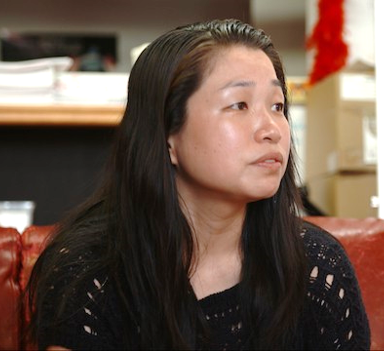
Elene Lam
Founder, Butterfly Asian and Migrant Sex Workers Network
Elene has advocated for sex workers, migrant, labour and gender justice for more than 15 years.
She is the co-founder of Migrant Sex Workers Project, and the founder and current Executive Director of Butterfly Asian and Migrant Sex Workers Network, which is based in Toronto, Canada.
Elene holds Bachelors and Masters degrees in both Law and Social Work.
The process of ‘rescue,’ as intended by anti-trafficking initiatives, instead forces these women to leave the sex industry.
This forced departure thereby amounts to a subsequent seizure of their financial independence and well-being, as well as individual agency over their own bodies. Elene’s discussion examined the racialized dynamics of criminalization and victimization in the sex industry.
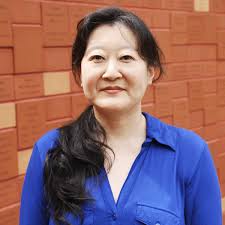
Dr. Julie Ham
Assistant Professor of Criminology, Department of Sociology, Hong Kong University (HKU)
Dr. Ham has published several works on sex work, anti-trafficking, gender and migration. Prior to joining the University of Hong Kong, Julie worked with the Border Crossing Observatory (Monash University), the Global Alliance Against Traffic in Women(GAATW) and with several Canadian organizations with mandates supporting women, sex workers and immigrant, refugee and low-income urban communities.
She co-authored the article “Hot pants at the border: Sorting sex work from trafficking” in 2014, which received the British Journal of Criminology’s Radzinowicz Memorial Prize. Dr. Ham holds a Bachelor degree in Psychology, as well as Bachelor and Masters degrees and a Ph.D in Social Work.
Dr. Ham discussed her research with im/migrant and racialized women sex workers in Canada and Australia, and highlighted the challenges and limitations with categorizing “migrant sex workers.” Her research focuses on women sex workers with a broad range of citizenship and residency statuses (ie: naturalized citizens, permanent residents and temporary migrants), and their diverse perspectives on national identity and belonging.
Dr. Ham’s findings contrast women’s lived realities against law enforcement, policy understandings, and the legal “migrant sex worker” label. In Canada, racial or ethnic difference continues to be used as an often inaccurate but convenient indicator of ‘migrant’ status in the sex industry.

Kim Mackenzie
Former Outreach Coordinator at SWAN Vancouver
Kimberly received her Bachelor of Arts from the University of the Fraser Valley in 2011 with a major in Psychology and an extended minor in Criminology.
At the time of this event, she worked with SWAN as the Outreach Coordinator while she pursued her Masters of Public Policy at Simon Fraser University.
Kimberly highlighted the origins of SWAN’s advocacy toolkit, which was created to highlight the realities of im/migrant sex workers.
She discussed the consequences of anti-trafficking rhetoric that SWAN witnesses through its ongoing service to im/migrant women engaged in sex work, with a focus on police agencies’ anti-trafficking raids in massage parlours and deportations by Canada Border Services Agency.
Kimberly discussed the many challenges that politicized anti-trafficking rhetoric can create for sex worker support organizations such as SWAN. Kimberly concludes by suggesting ways for stakeholders to engage in ethical and responsible anti-trafficking work.
The event also served as the public launch for SWAN’s publication, ‘Im/migrant Sex Workers, Myths and Misconceptions: Realities of the Anti-Trafficked.’ (now in 2nd edition).
LUSH Cosmetics funded this project.

